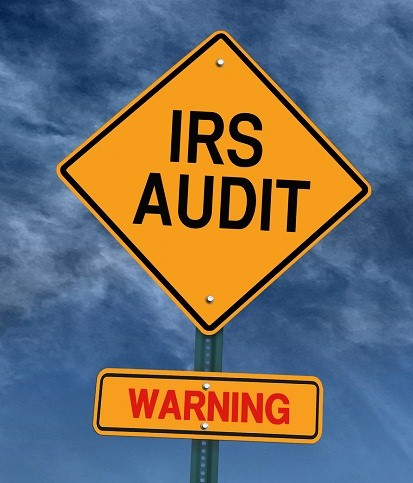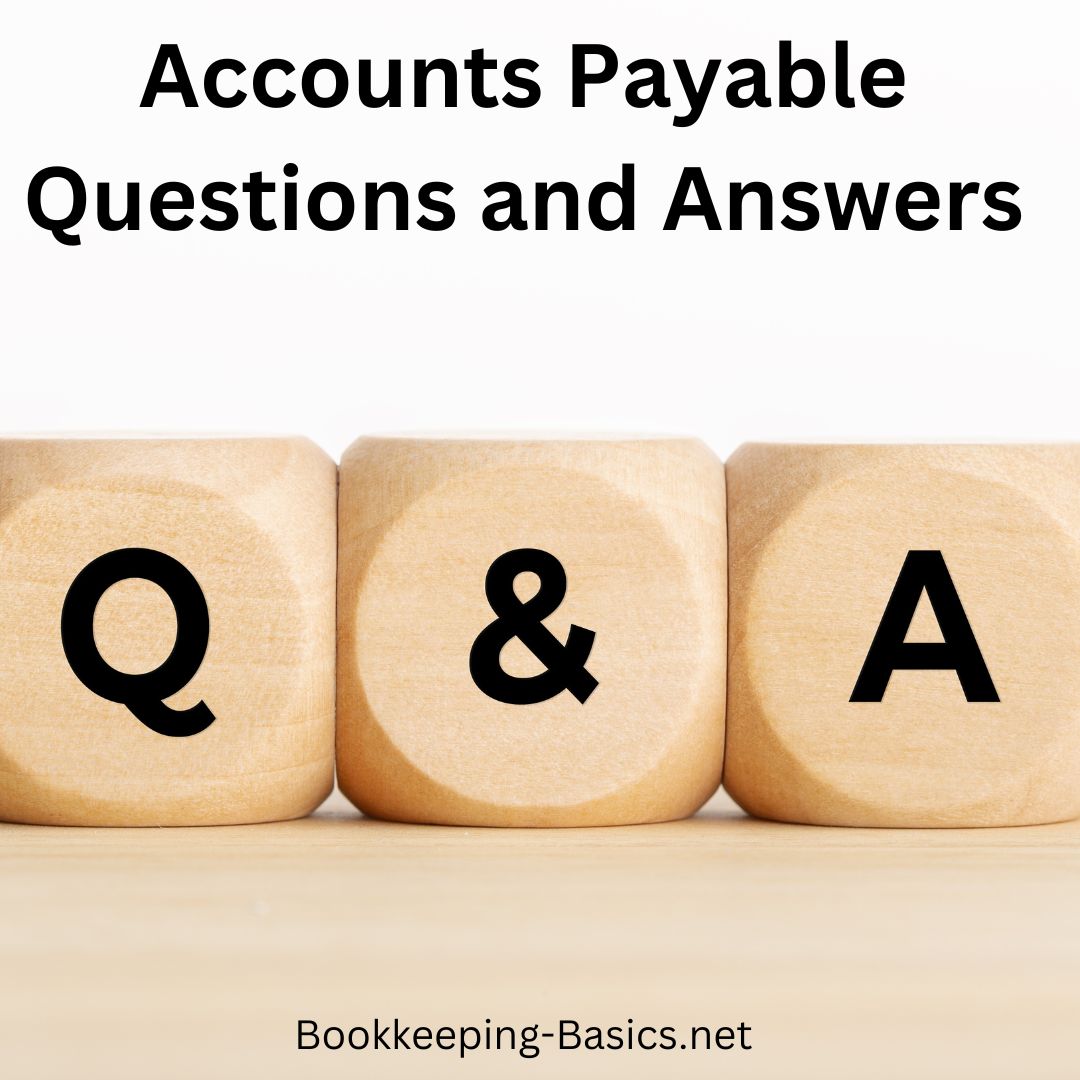- Home
- Accounts Payable
- Accounts Payable Journal Entries for IRS Audit
Accounts Payable Journal Entries for IRS Audit
Ensuring Compliance
Keep Your Accounts Payable Journal Entries for IRS Audit... With the October 15th tax deadline around the corner, a word of advise to all business owners!
Many businesses don’t keep accurate financial records. They may have read the study from Consumer Reports showing that the risk of being audited is only 2%. You shouldn’t let such studies lull you into a false sense of security. A number of factors can increase the risk of being audited. One of the biggest problems companies faces is when they don’t have accurate A/P records for expenses. It is crucial to keep accurate accounts payable journal entries in case the IRS chooses to audit your business.
Importance of Keeping Your Accounts Payable Journal Entries For IRS Audit
Maintaining accurate accounts payable records is extremely important to reduce the risk of being sanctioned by the IRS. Here are several reasons that you need to keep records carefully.
Accurate Reporting to Reduce Audit Risks
One of the most important reasons to keep accurate records on accounts payable is to reduce your risk of inaccurately reporting your expenses. Companies that don’t keep records may accidentally report expenses multiple times or record figures incorrectly while filing their tax returns. The IRS may be suspicious if your expenses are unusually high, which increases the risk of being audited.
You should always retain accurate records to reduce the risk of being audited. It is worth taking time to double-check your ledgers and expense reports to avoid the stress of an audit. Remember my words in the beginning: Keep your accounts payable journal entries for IRS audit.
Make Audits Go More Smoothly
You may have already received an IRS Notice of Audit. This can be especially stressful, but it will be much more stressful if you didn’t organize your records properly.
One of the biggest things that the IRS that the IRS evaluates is accounts payable journal entry records. They want to understand what expenses you are reporting. Here are a couple of things that they look for:
· They need to match your accounts payable records with the overall business deductions on your tax return. You need to justify all business expenses and prove that they match those reported. Your journal entries are the only way to prove it.
· They want to make sure that you aren’t conflating personal and business expenses. If a purchase was made for both business and personal reasons, they will want to see that you only deducted the portion applying to your business. They can only make this assessment if you have careful records.
Audits can be very stressful processes, but they will go much smoother if you have kept accurate journal entries and accounts payable records. Hopefully, you will never be audited, but you should be prepared in case. Keep accurate information on all accounts payable to make potential audits go smoothly.
Understand IRS Policies on Accounts Payable
Many small business owners have their own system to keeping track of expenses. Unfortunately, a system that works for you may not be compliant with the IRS. You need to understand their rules and abide by them carefully to avoid being audited. These rules need to be reflected in your journal entries. Here are some things to verify beforehand:
· Understand IRS requirements on payroll record keeping
· Make sure all accounts payable expenses are business related
· Always document which accounts were paid and only report those items on your income tax filing (payments for goods and services rendered after December 31 will be reported on the following year’s tax return)
There are a number of policies on recording and keeping your accounts payable journal entries for IRS audit. You need to understand the IRS requirements and comply with them carefully. Your diligence will pay off if you are ever audited.
Accounts Payable Q&A
The Accounts Payable Questions and Answers page is a valuable resource that can provide assistance and clarity regarding accounts payable processes and concerns. Whether you are a business owner, bookkeeper, or accountant, this page offers helpful insights and solutions to common queries related to accounts payable that can help with audits as well.
By visiting the A/P Questions and Answers page, you can find answers to various topics such as managing vendor invoices, handling payment discrepancies, reconciling accounts, and addressing outstanding balances. The page addresses common challenges and provides practical guidance to ensure smooth operations and accurate financial reporting.
Furthermore, the page offers the opportunity to explore different scenarios and understand best practices for effective accounts payable management. It covers topics like invoice processing, payment terms, vendor relations, and strategies to optimize cash flow. The comprehensive information and expert advice shared on this page can help you navigate through accounts payable complexities and make informed decisions for your business structure.
Whether you have specific questions about accounts payable procedures or seek general guidance to enhance your bookkeeping practices, the Accounts Payable Questions and Answers page is a valuable tool. It can save you time and effort by providing reliable information and insights to address your concerns effectively.
Take advantage of this resource to expand your knowledge, troubleshoot issues, and gain a deeper understanding of accounts payable principles. With the guidance provided on this page, you can enhance your financial management skills and ensure the accuracy and efficiency of your accounts payable processes.
Accounts Payable Articles
- Accounts Payable Recording Outstanding Bills
- Accounts Payable and the ACA in Santa Rosa
- Accounts Payable and the Self Employment Tax
- Accounts Payable Journal Entries
- Accounts Payable Journal Entries for IRS Audit
- Accounts Payable Petaluma
- Accounts Payable Santa Rosa
- Accounts Payable Affect Cash Flow
- Accounts Payable In Santa Rosa
- Accounts Payable JE's for Growing Businesses
- Accounts Payable Spreadsheet
- Auditing Accounts Payable
- Bookkeeping Services and Accounts Payable
- Calculating Accounts Payable
- Accounts Payable Journal Entry
- Ideal Accounts Payable Turnover
- Improve Accounts Payable Turnover
- Accounts Payable and Minimum Wage Increases
- Streamlining Accounts Payable
Please subscribe to my monthly newsletter, Bookkeeping Basics E-zine. It tells you every month about the new information that I have added, including some great tips and advice from myself and other Bookkeeping Basics readers.
Like Bookkeeping-Basics.net?
- Home
- Accounts Payable
- Accounts Payable Journal Entries for IRS Audit

















New! Comments
Have your say about what you just read! Leave me a comment in the box below.